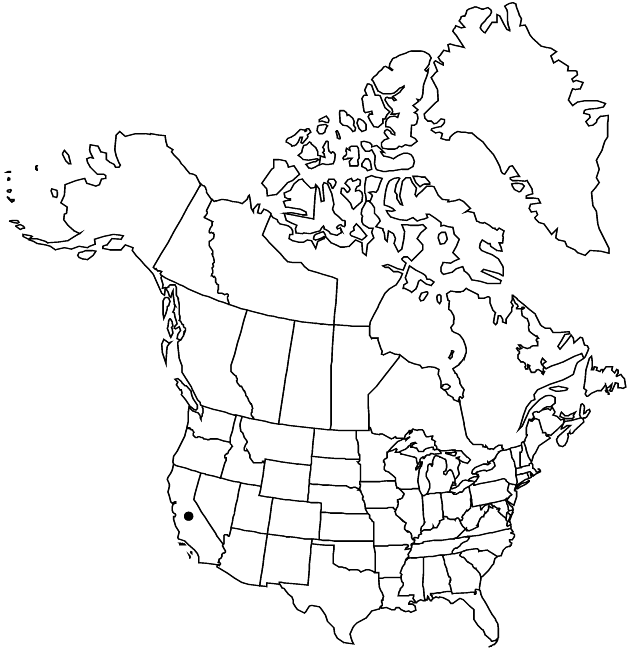Difference between revisions of "Harmonia doris-nilesiae"
Novon 9: 464. 1999.
FNA>Volume Importer |
FNA>Volume Importer |
||
| Line 10: | Line 10: | ||
|name=Madia doris-nilesiae | |name=Madia doris-nilesiae | ||
|authority=T. W. Nelson & J. P. Nelson | |authority=T. W. Nelson & J. P. Nelson | ||
| + | |rank=species | ||
|publication_title=Brittonia | |publication_title=Brittonia | ||
|publication_place=37: 394, fig. 1. 1985 | |publication_place=37: 394, fig. 1. 1985 | ||
| Line 38: | Line 39: | ||
-->{{#Taxon: | -->{{#Taxon: | ||
name=Harmonia doris-nilesiae | name=Harmonia doris-nilesiae | ||
| − | |||
|authority=(T. W. Nelson & J. P. Nelson) B. G. Baldwin | |authority=(T. W. Nelson & J. P. Nelson) B. G. Baldwin | ||
|rank=species | |rank=species | ||
| Line 53: | Line 53: | ||
|publication year=1999 | |publication year=1999 | ||
|special status= | |special status= | ||
| − | |source xml=https://jpend@bitbucket.org/aafc-mbb/fna-data-curation.git/src/ | + | |source xml=https://jpend@bitbucket.org/aafc-mbb/fna-data-curation.git/src/eaa6e58056e40c9ef614d8f47aea294977a1a5e9/coarse_grained_fna_xml/V19-20-21/V21_730.xml |
|tribe=Asteraceae tribe Heliantheae | |tribe=Asteraceae tribe Heliantheae | ||
|subtribe=Asteraceae (tribe Heliantheae) subtribe Madiinae | |subtribe=Asteraceae (tribe Heliantheae) subtribe Madiinae | ||
Revision as of 19:38, 16 December 2019
Plants 9–40 cm; proximal unbranched portions of primary stems shorter or longer than branches supporting heads. Leaves ± evenly distributed on stems. Heads usually erect in bud and fruit. Phyllaries 4–8, densely white-villous near folded edges. Ray florets 4–8; laminae 2.5–7 mm. Disc florets 8–20, functionally staminate. Ray cypselae strongly gibbous, beaked (beaks 0.4–0.5 mm); pappi to 0.9 mm. Disc cypselae 0; pappi (of disc florets) of 7–10 lance-attenuate to subulate, plumose scales 0.2–0.9 mm. 2n = 18.
Phenology: Flowering May–Jun.
Habitat: Serpentine slopes
Elevation: 800–1600 m
Discussion
Of conservation concern.
Harmonia doris-nilesiae occurs in the southern Klamath Ranges. Sometimes, H. doris-nilesiae and H. stebbinsii occur in proximity (e.g., V. Parker 757, 759; JEPS); hybrids have not been reported.
Selected References
None.
